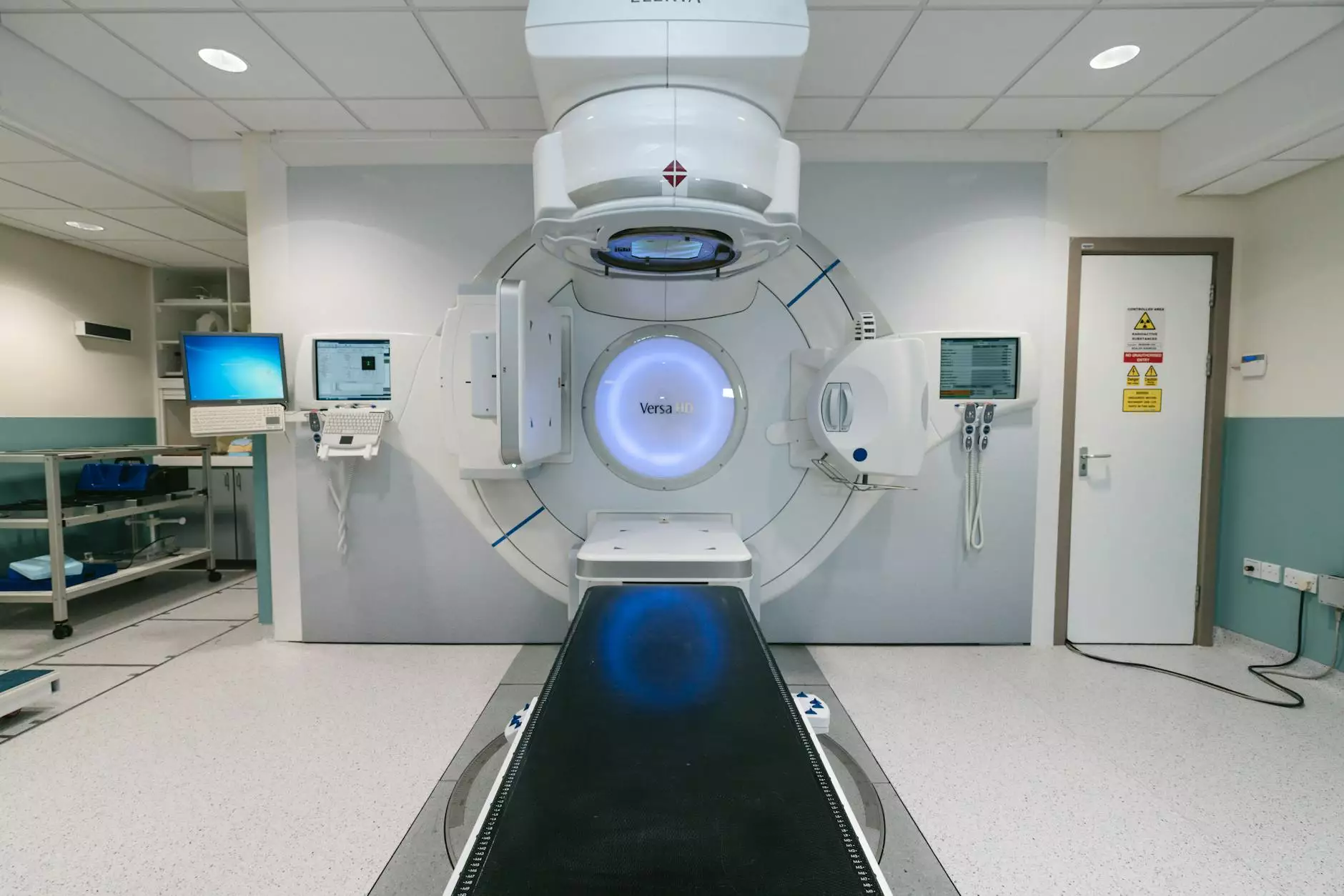Understanding Oncology Clinics: A Vital Resource in Cancer Care

In today's world, oncology clinics have emerged as critical hubs for the management and treatment of cancer. These specialized health facilities focus on providing comprehensive cancer care through a combination of advanced medical technologies, expert healthcare professionals, and tailored patient support services. This article delves deep into the world of oncology clinics, their significance, functionalities, and the transformative impact they have on patients battling cancer.
The Importance of Oncology Clinics
The role of oncology clinics extends far beyond simple treatment regimens. These clinics are designed to offer a multidisciplinary approach to cancer care, integrating various specialties to ensure patients receive holistic treatment. Here are some key reasons why oncology clinics are essential:
- Specialized Expertise: Oncology clinics are staffed with certified oncologists, nurses, and specialists who possess extensive knowledge in cancer treatment. This ensures that patients receive the highest level of care.
- Personalized Treatment Plans: Every cancer case is unique. Oncology clinics utilize advanced diagnostic tools to create individualized treatment plans tailored to the specific type and stage of cancer.
- Access to Advanced Technology: Many oncology clinics are equipped with the latest medical technologies, including imaging systems and radiation therapy equipment, enabling precise diagnostics and effective treatment.
- Supportive Care Services: Beyond medical treatment, oncology clinics often provide psychological support, nutritional counseling, and palliative care to help improve the quality of life for patients and their families.
Types of Services Offered at Oncology Clinics
Oncology clinics offer a plethora of services that cater to the diverse needs of cancer patients. Here’s a closer look at the typical services available:
1. Diagnostic Services
Early diagnosis is crucial for effective cancer treatment. Oncology clinics offer a range of diagnostic services including:
- Imaging Tests: Techniques such as CT scans, MRIs, and PET scans help in identifying tumors and assessing their spread.
- Biopsies: Tissue samples are taken to determine the type of cancer and its characteristics.
- Blood Tests: These tests can detect tumor markers that provide insights into the cancer's behavior.
2. Treatment Options
Oncology clinics provide a variety of treatment options, which can include:
- Surgery: For tumor removal or biopsy.
- Chemotherapy: The use of drugs to kill or slow the growth of cancer cells.
- Radiation Therapy: High-energy waves are used to target and destroy cancer cells.
- Immunotherapy: Using the body’s immune system to fight cancer.
- Targeted Therapy: Drugs or other substances that block the growth and spread of cancer by interfering with specific molecules involved in tumor growth.
3. Supportive Services
Beyond treatment, oncology clinics typically provide comprehensive support services:
- Nutritional Counseling: Specialized diets can help patients maintain their strength during treatment.
- Pain Management: Addressing pain through various modalities to ensure comfort.
- Psychosocial Support: Therapy and support groups designed to help patients and families cope with cancer.
Advancements in Oncology Clinic Practices
The field of oncology is constantly evolving, and clinics are at the forefront of incorporating the latest advancements to enhance patient care:
1. Precision Medicine
One of the most significant advancements in oncology has been the shift towards precision medicine. This approach allows for treatments tailored specifically to the genetic makeup of the patient's cancer, leading to improved outcomes.
2. Telemedicine
The rise of telemedicine has transformed how oncology clinics interact with patients, providing easier access to consultations and follow-ups, especially for those living in remote areas.
3. Patient-Centered Care
Oncology clinics are increasingly adopting a patient-centered model that prioritizes patients' preferences and values. This model ensures that patients are active participants in their treatment decisions.
The Impact of Oncology Clinics on Communities
Oncology clinics do not only impact patients and their families but also have significant repercussions on their communities:
1. Education and Awareness
Many oncology clinics engage in community outreach programs to raise awareness about cancer risks, prevention strategies, and the importance of early detection.
2. Research and Development
By participating in clinical trials and research initiatives, oncology clinics contribute to the discovery of new treatments and therapies that can benefit future generations.
3. Economic Contributions
Oncology clinics create jobs, support local economies, and contribute to healthcare advancements, benefiting the broader community.
Choosing the Right Oncology Clinic
When it comes to selecting an oncology clinic, several factors should be taken into consideration to ensure the best possible care:
- Accreditation: Check if the clinic is accredited by relevant health organizations, which reflects adherence to high standards of care.
- Expertise of Staff: Research the qualifications and experience of the oncology team.
- Treatment Options: Ensure the clinic offers a wide variety of treatment options tailored to your specific needs.
- Supportive Services: Look for comprehensive support services that address physical, emotional, and social needs.
- Patient Reviews: Read testimonials from past patients to gauge the quality of care and support provided.
The Future of Oncology Clinics
As technology advances and research continues, the future of oncology clinics looks promising. Innovations in cancer treatment will lead to improved survival rates and quality of life for patients. The ongoing integration of artificial intelligence in diagnostics and treatment, along with a focus on preventative care, signifies a transformative era in oncology.
Furthermore, as the understanding of cancer biology evolves, oncology clinics are poised to offer even more personalized and effective therapies that align with the individual patient's needs and genetic profile.
Conclusion
In summary, oncology clinics play an indispensable role in the fight against cancer. By providing specialized medical care, innovative treatments, and invaluable support services, they significantly impact the journey of cancer patients. The commitment to continuous improvement, patient-centered approaches, and community engagement sets the stage for a future where cancer care is more effective than ever.
Choosing the right oncology clinic is a crucial step in navigating the complexities of cancer treatment. Patients deserve access to the best care available, and understanding what these clinics have to offer can empower them on their journey toward healing.









